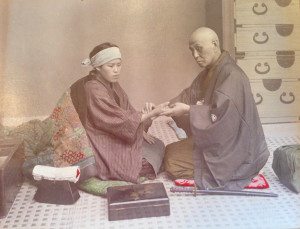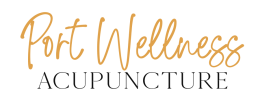About The Medicine

Within Chinese cosmology, all creation is born from the marriage of Yin and Yang – the two polar principles: Earth and Heaven, winter and summer, night and day, cold and hot, wet and dry, inner and outer, body and mind. Harmony of this union means health, good weather and good fortune, while disharmony leads to disease, disaster and bad luck. The strategy of Chinese medicine is to restore harmony.
Each human being is seen as a world in miniature, a garden in which doctor and patient together strive to cultivate health. Every person has a unique terrain to be mapped, a resilient yet sensitive ecology to be maintained. Like a gardener uses irrigation and compost to grow robust plants, the doctor uses acupuncture, herbs, exercise, massage, meditation and food to recover and sustain health.
The goal of treatment is to balance and harmonize Yin and Yang dynamics – wet and dry, cold and heat, inner and outer, body and mind. This is achieved by regulating the Qi and other constituents of the body: weak organs are tonified, congested channels are opened, excess is dispersed, tightness is softened, agitation is calmed, heat is cooled, cold is warmed, dryness is moistened and dampness is drained.
WHAT HEALTH ISSUES CAN BE TREATED BY ACUPUNCTURE? According to the World Health Organization (WHO), acupuncture and other Chinese Medicine modalities can effectively treat a wide array of acute and chronic health conditions as well as provide preventative care. Disorders that can benefit include: musculoskeletal pain, gastrointestinal, urogenital/reproductive, respiratory, mental/neurological, dermatological, and cardiovascular. Many people in the U.S. are familiar with using acupuncture for a wide variety of pain syndromes, stress and anxiety, help with smoking cessation, gynecological disorders, headaches, nausea and digestive issues.
